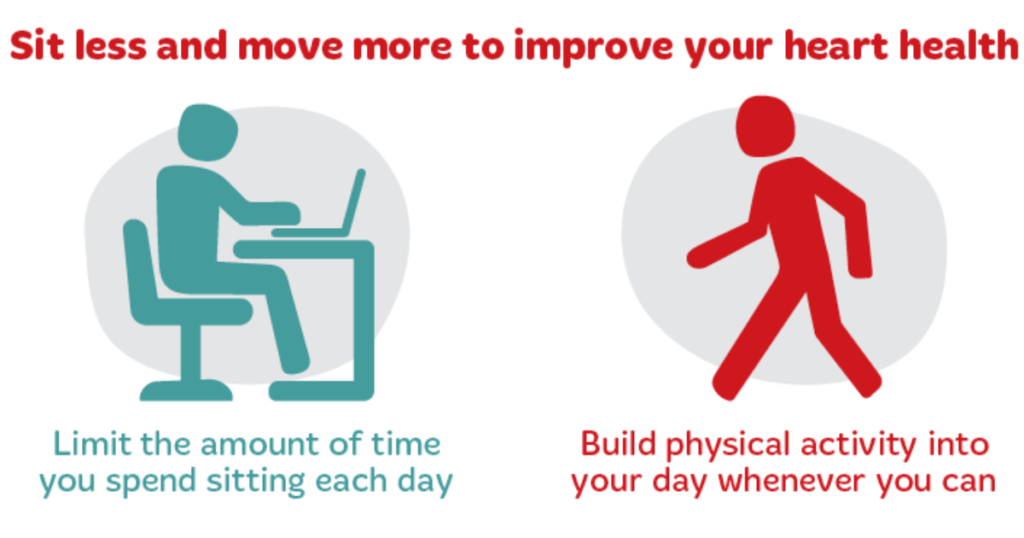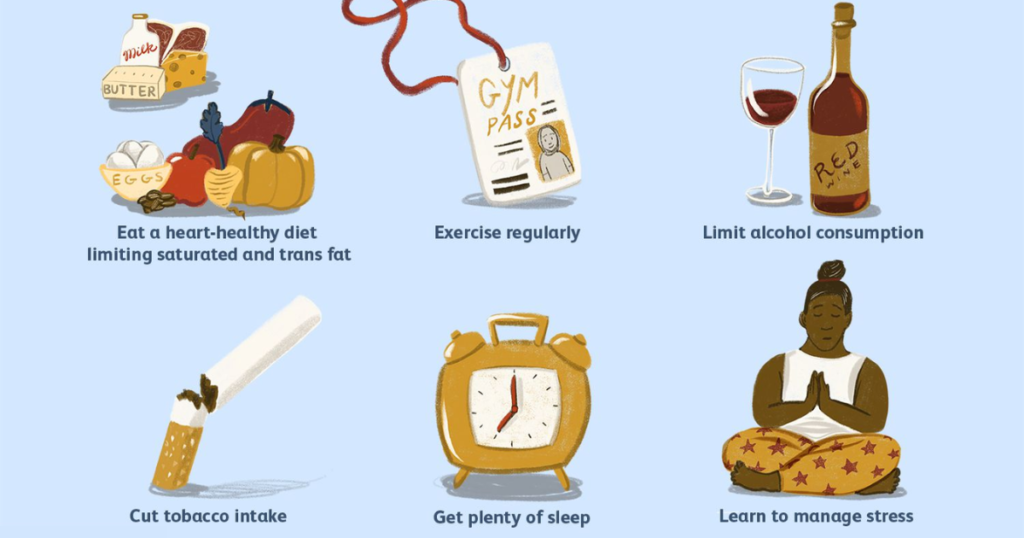How to Improve Heart health - Heart Specialist Indore
The leading cause of death in the world is heart disease, which can mostly be avoided by altering your lifestyle and reducing risk factors as per the cardiologist. Here are some methods to improve heart health.
All of the tissues in your body receive oxygen and nutrients through the pump action of the heart. A healthy existence is based on keeping it in excellent condition. You may keep your heart running by implementing these ideas in your daily life.
Tips to Improve Heart Health – Cardiologist

- Make sure you exercise regularly.
You can choose whether you want to work out moderately or vigorously. The best cardiologist advises engaging in 75 minutes of intense exercise or 150 minutes of aerobic activity at moderate intensity each week.
- Select heart-healthy fats.
By reducing inflammation in your body, unsaturated fats can be heart-healthy. Heart disease can be brought on by inflammation. Vegetable oil, low-fat mayonnaise, and oil-based salad dressings are examples of heart-healthy fats.
A great method to increase the number of healthy fats in your diet and reduce cholesterol is by adopting a Mediterranean diet.

- Avoid Alcohol and Smoking
Smoking can have negative impacts on the health of the heart. If you currently smoke, this would be an excellent time to try to stop as per the cardiologist.
Your risk of heart disease can rise if you drink too much alcohol. Moderation is important. Most adults should limit their alcohol consumption to no more than two drinks per day, according to the best cardiologist.
- Maintain a Healthy Weight
Maintaining a healthy weight prevents your heart from having to work too hard. In light of your age, height, and frame, discuss with your doctor or any cardiologist what a healthy weight is for you.
- Don’t Stress
Spending some time to relax, even for a short while, might be good for your general health. If stress affects your daily existence, you’re more at the increased stage of developing heart disease, obesity, and high blood pressure.
You’ll frequently have to cope with stressful situations. Make a plan for how you can stay calm in such a situation. This can be taking deep breaths, repeating a soothing phrase, or setting the most important things first. You’re better prepared to handle stressful situations if you prepare for them.

- Manage your current medical conditions
You can take a preventive approach to take care by seeing the cardiologist once a year (or more frequently, depending on your health). Make efforts to manage any diseases, such as diabetes or chronic renal disease, that are known to have a negative impact on your heart health. Early intervention and adherence to your treatment plan can significantly enhance your outlook.
- Regularly consume fruit and veggies
Fruits and vegetables are fewer in calories and higher in nutrients, which can help you maintain a healthy weight and lessen inflammation. The better your options, the more vibrant and new they should be.
- Consume less salt (sodium)
The majority of the salt you consume comes from processed meals rather than the salt shaker. Reduce your intake of boxed and prepared foods in favor of more freshly prepared meals at home. Aim for a daily salt intake of no more than 1,500 milligrams.
- Take medication with carefulness:
Some over-the-counter and prescription medications may contain too much sodium or may cause blood pressure to increase. All of the medications you are taking should be discussed with your cardiologist or pharmacist. Even things you might think are “safe,” like pain relievers or cold medicine, can raise your blood pressure.

.jpg)


Comments
Post a Comment